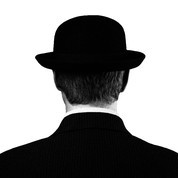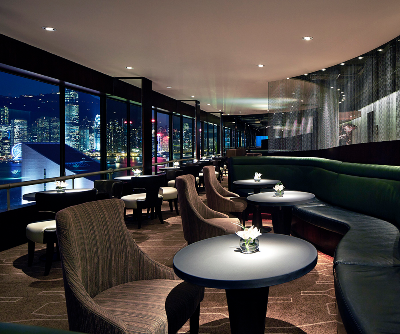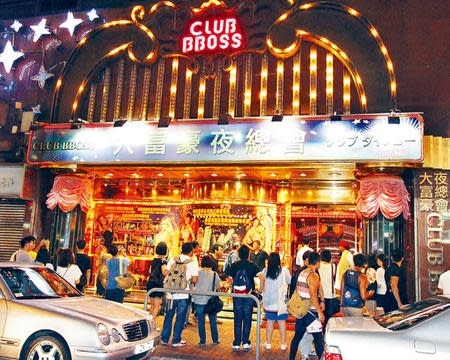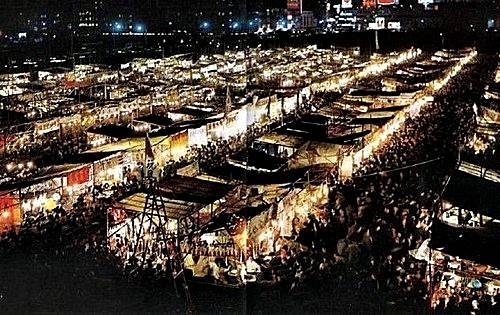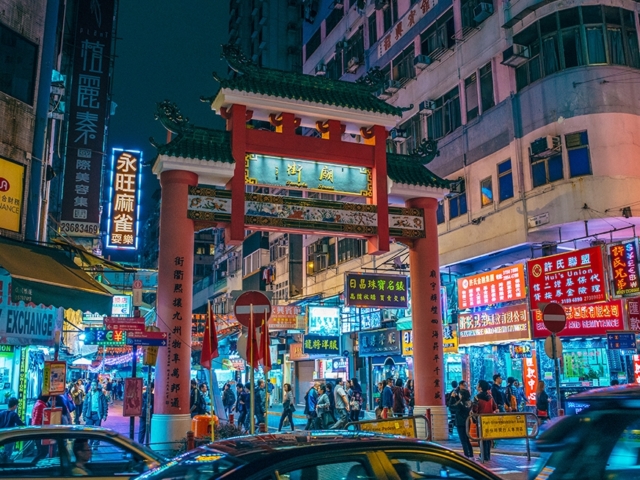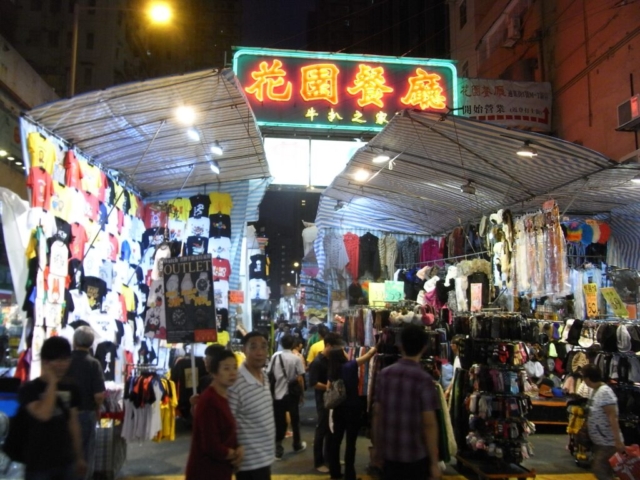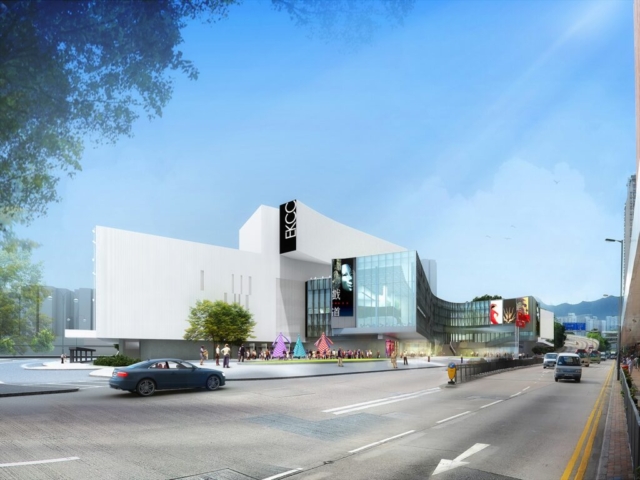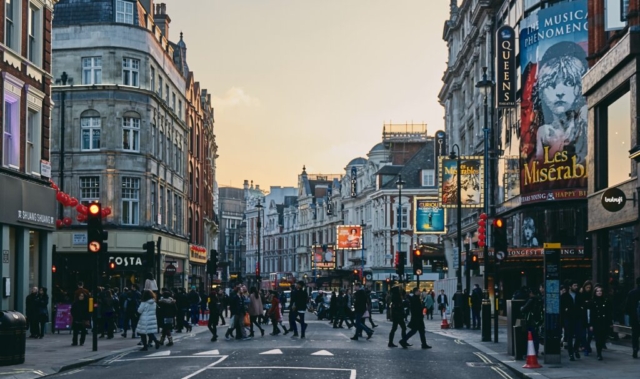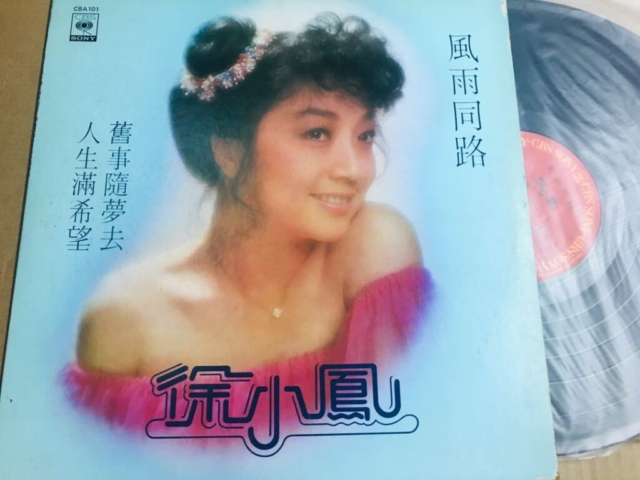Some said, “I am all about nightlife. I live during the night.” Some said, “In nightlife, you can become a star. While in the daytime, you can be a nobody.” Some said, “I don’t like going out. I hate clubs. I hate being around too many people.”
A clothes vendor in the well-known Temple Street Night Market in Hong Kong told South China Morning Post, “The Street seemed lifeless and quiet, with many other stallholders gone for the day. I have been running this stall for more than 40 years and business had never been this bad.” The newspaper reported that in better times, Temple Street presented a mix of old and new. It drew visitors who swarmed its numerous stalls selling clothes, souvenirs, jade, antiques and watches. Traditional fortune-tellers beckoned and Cantonese opera singers performed late into the night, while dai pai dong (‘hawkers’) food stalls dished out everything from chili crab to steamed fish. The subdued state of the street market reflects the situation across the city, alongside the trend of Hongkongers heading to mainland Chinese cities such as Shenzhen to enjoy weekends.
Last night, I went to Tsim Sha Tsui, the touristy area, to look for a restaurant at 9:30p.m. Some were closed. Many were preparing for closing. It was a deeply depressing scene.
Many in Hong Kong, since 1970s, had wandered around in the streets at night until they found no place to stay or nobody else to hang with at midnight.
Hong Kong used to be energetic, boisterous and loud after 8 p.m. The urban noise was constant. Neon lights were colourful, bright and reliable. Such signs took a rest only at AM hours. Shopping, dining, night-time snacking, singing, massage, clubbing and socializing were everywhere.
Some attributed the night-life decline to the lack of tourists who can afford. Some suggest that the lifestyle of people here have changed: they feel happier on emotional front at home. They would rather enjoy online shopping, watching Netflix, cooking, meeting cyber-friends and gym exercising—avoiding being overstimulated by others. Some put the blame on the poor economy of Hong Kong because people want to spend less. Some venue operators complain that there is a serious shortage of 20% manpower in Hong Kong and they cannot hire enough workers who are interested in night-shift work. Some lament that more than 200,000 people have emigrated from this city. Others explain the social phenomenon by the outflux of more than 300,000 local people on Saturday and Sunday for ‘weekend getaways’ to the Greater Bay Area cities in Guangdong. Some feel that the government’s controls on hawkers and street busking are too tight. Some comment that the local handicrafts sold are not attractive or creative.
A vibrant and mixed ‘night-time economy’ is important as it can encourage tourism, boost the local spending power and contribute to shaping trendy places where people want to live. This is why some youngsters like to live near Soho, Central. The night-time economy also makes a significant contribution to the employment situation. To the dismay of the government, people in Hong Kong tend to spend less and less. We are an aging population and more and more citizens survive on savings. Thus, saving money produces a sense of security, especially when people are older. Night activities which eat away at one’s bank balance is considered quite unnecessary. Economically, we are facing a recession. Consumptions inevitably slow down especially for expensive nightlife entertainments inclusive of pubs, bars, nightclubs and shows.
From a family’s point of view, it is not a good idea to suggest staying out late at night. Being out late at night can expose teenagers or girls to various safety hazards such as encountering bad people, getting involved in altercations, or becoming victims of crimes. Staying awake through the night takes a toll on physical health. Fatigue and low energy levels in the daytime may worsen work performance. Parents should return home early and spend more time with children. Children will feel that their parents value them. In the old days, a lot of parents in Hong Kong went back home after 10p.m. and the poor parent-child interactions would harm a child’s development. People should be attracted by the happy moments of a family, instead of the desire and seduction typically associated with night activities outside.
For myself, I want the services sector such as doctors, hairstylists, physiotherapists and herbal treatment centres to close later, ideally till 10p.m. Many people are like me—always in a rush during the day and it will be excellent if we could spend few hours after work on personal grooming and healing. Is this night-time economy?
London, New York, Paris and Amsterdam are the great cities, when it comes to ‘night-time cultural economy’. Cinemas, musicals, light shows, plays, stand-up comedies, opera, ballet, dance and concerts, are abundant and liven up the night. These cultural places make the whole area full of vitality. Look at the number of pizza restaurants in New York for a midnight snack! Hong Kong may follow and use evening cultural activities to captivate the younger tourists who are more educated.
In mainland China, some hospitals have extended their operating hours. The official said, “Any attempt to get people to spend more money at night is a good idea.” The thing to watch out is that the late-night operating hours may not necessarily bring the same ratio of income compared with day-time operating hours.
Ernest Hemingway told us, “Night is always darker before the dawn and life is the same.” Extending business hours will not help our economy much. Recalibrating the tourism fundamentals of Hong Kong towards cultural attractions is the more appropriate direction.
This article can also be found at the following sites:





